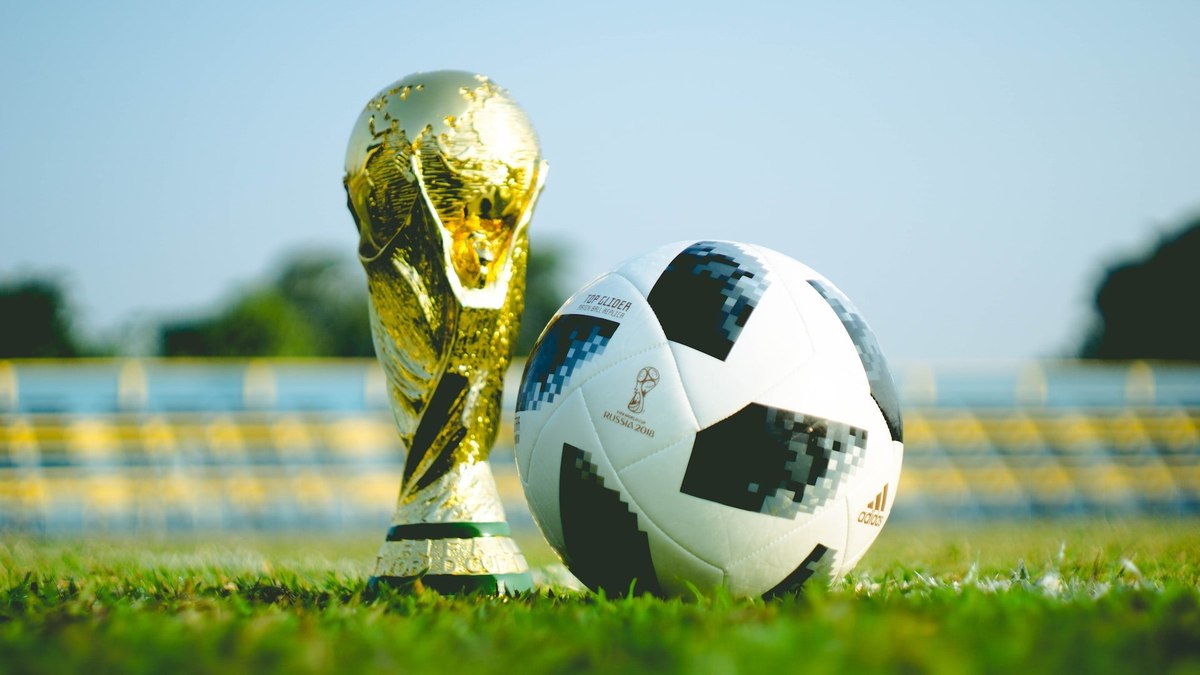
What type of sponsors resonate with fans of FIFA World Cup teams?
A global YouGov RealTime study from 18 diverse markets reveals the types of brand categories that fans prefer to see as sponsors for their favorite FIFA World Cup 2022 teams. The survey was run in November – before the start of the World Cup and during its first few days, giving us a more contextual and real-time picture of fans’ opinion.
A third of fans across the globe say they would like to see food and beverage brands sponsor their favorite World Cup team. That gives the F&B industry the top spot, marginally ahead of brands from the technology industry (32%) as far as sponsorship brownie points are concerned. The audience in this data refers to consumers who said they planned to watch the World Cup and that they had a favorite team in it.
Automotive brands came in third with the support of three in ten World Cup fans globally (30%). Travel destination and other tourism brands scored support with a similar proportion of fans (27%). A fifth of fans with a favorite World Cup team indicated they would like to see banks and insurance brands (22%) and video gaming companies (21%) lined up with their side. It is worth noting that video gaming brands received a massive fillip among the younger cohort, with three in ten global fans aged between 18-24 indicating their support for sponsors from this industry (31%).
Interestingly, no other industry experienced such big swings across age groups, with support staying somewhat close to the overall average, although those aged over 55 were far likelier to not offer an opinion. Even a innovative sector like technology didn’t notice significant uptick among those aged 18-24 (34% vs 32% among the overall audience).
Pharma companies (15%) and gambling brands (10%) bring up the bottom of the table. Gambling, in spite of its close ties to the sports industry, tends to underperform other sectors in these types of studies, plausibly due to moral beliefs on the matter. In a study we published in February, only 12% of consumers had said that gambling brands make for appropriate sponsors of professional sports entities.
Looking at the data with a gender filter reveals that women were noticeably likelier than men to indicate a support for food and beverage brands (37% vs 31% men) and travel brands (31% vs 25%), but men outscored in all other sectors.
Globally, fans from western, developed economies were far less likely to have an opinion on the types of sponsors that they would like to see sponsor their favorite World Cup teams. For instance, half of all Danes (49%) and a similar proportion of Britons (47%) responded ‘don’t know’, indicating no preference towards any particular type of sponsor. The European ‘don’t know’ average was 37%, much higher than among APAC fans (12%).
This share was lower, but still fairly high, in developed North American markets of the US (32%) and Canada (30%), but dropped to 13% in neighboring Mexico, which is an emerging market. In the US, F&B brands (31%) took a clear lead over second-placed video gaming (18%).
In Europe, it was car makers that emerged as the most preferred type of World Cup sponsor at 24%, although with F&B (22%) and tech brands (22%) trailing only marginally. Shares of fans who voted for car makers were particularly high in Poland (39%). Among Western European markets, Germany (24%) – an automotive powerhouse – led the way.
Meanwhile tech brands took the top spot in Mexico (46%) and several Asian markets, including China (47%), Indonesia (48%) and India (43%).
Explore our living data – for free
Discover more sports content here
Want to run your own research? Start building a survey now
Get quick survey results from nationally representative or targeted audiences using YouGov RealTime Omnibus
Make smarter business decisions with better intelligence. Understand exactly what your audience is thinking by leveraging our panel of 20 million+ members. Speak with us today.
Methodology
YouGov RealTime Omnibus provides quick survey results from nationally representative or targeted audiences in multiple markets. The data is based on surveys of adults aged 18 and over in 18 markets with sample sizes varying between 513 and 2015 for each market. All surveys were conducted online in August 2022. Data from each market uses a nationally representative sample apart from Mexico and India, which use urban representative samples, and Indonesia and Hong Kong, which use online representative samples. Learn more about YouGov RealTime Omnibus.
Image Credit: Fauzan Saari on Unsplash